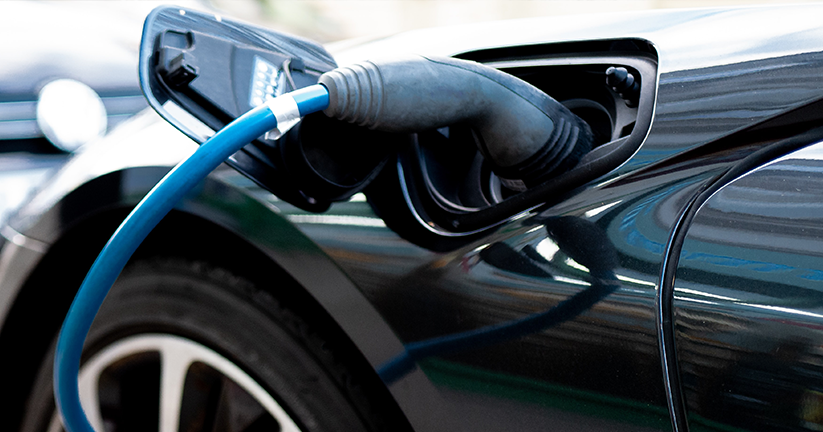
BMW’s electric vehicles are making headlines for their head-turning looks, futuristic features, and sustainable design – but they’re not without some growing pains. Following is a look at some of the most common problems reported by owners of BMW EVs.
1. Steering Complications
Stiff steering and squeaking noises tend to be a common issue, particularly in the BMW i3. When the vehicle comes to a rest, steering sometimes becomes hard, making it difficult to maneuver the vehicle.
This could be caused by a variety of issues including low pressure in the front tires or low steering fluid levels. However, in many cases, the issue is caused by the car’s software or electronics. Turning off the car and then restarting it may fix the problem. However, if these steps do not resolve the issue, it’s time to take it to a qualified mechanic.
Squeaking noises often come from the steering spindle as a result of a lack of lubrication in the plastic bearing which is located in the steering spindle sleeve. You may be able to lubricate the part yourself. However, if you’re not a DIY type of person, it’s relatively inexpensive to have an expert take care of it for you.
2. Range Extender Problems
The electric BMW’s Range Extender (REx) is an auxiliary power unit designed to extend the range of the vehicle so you can safely get home or to a charging station in an emergency. This optional feature consists of a small gasoline engine that will kick in only if your battery drops below 5%.
While this is meant to give drivers some extra peace of mind, it has actually caused some significant issues. Many i3s that were manufactured before 2016 have a REx design flaw that causes the vehicle to suddenly lose speed when the REx kicks in. Some also lose their brake lights. The problem is so significant that there is currently a class-action lawsuit against BMW regarding this issue.
3. Printed Circuit Board Issues
The printed circuit board (PCB) is a critical part of the electric BMW’s electric motor electronics (EME) module. A manufacturing defect can cause a sudden loss of power or even a complete shut-down of the vehicle’s motor.
This issue is primarily found in vehicles manufactured in or after 2018. While most affected models have already been recalled, it’s still possible that your vehicle could experience this problem.
If you experience an abnormal loss of propulsion power, an issue with the PCB could be to blame. Problems with the PCB can sometimes be detected by a professional inspection, which may be able to prevent you from having this issue while you’re driving.
4. Fuel-Vapor Problems
The possibility of a fire created by fuel vapors is a common problem in REx models of the BMW i3. The vent line going to the small fuel tank sometimes rubs against the ribbed wire protection sleeve of the battery’s positive cable. This can lead to damage to the vent line, which could allow fuel vapor to escape into the engine bay area, creating a fire risk.
Many of the affected models have already been recalled by BMW. However, if you own an i3 that was manufactured between 2014 and 2017, it’s a good idea to inspect your vent line for any holes or damage. If you notice anything, it’s critical to have it fixed right away and ensure the mechanic takes steps to prevent the damage from reoccurring.
5. Airbag Problems
BMW i3 models manufactured in 2014 and 2015 suffered from faulty air inflators that caused airbags to fail to deploy at low-speed collisions. While BMW has recalled all of these models, it seems that it has happened once again. The 2022 BMW iX has faced a similar recall, this time due to an airbag malfunction light that fails to warn the driver of a problem.
6. Slow Charging
Owners of BMW EVs often complain of slow charging times. In many cases, this is simply due to not having the charging rate set to maximum or using the wrong charging cable. However, if you’ve checked both of these potential issues and still find that your vehicle is charging slower than it should be, you may have a problem with the charger itself.
You can test this by borrowing a charger from someone else or using a public charging station to see if the problem persists. If the charger is the issue, you can typically get a new one for between $250 and $600. However, if you find that the charger is not a problem, you’ll need to have an expert do some further troubleshooting.
Trust The Haus with Your BMW EV Problems
The Certified BMW mechanics at The Haus are experts in repairing both gas and electric BMWs. If you’re experiencing any of the issues listed above or any other EV problems, we’ve got a solution! Contact us today to schedule your VIP appointment.
